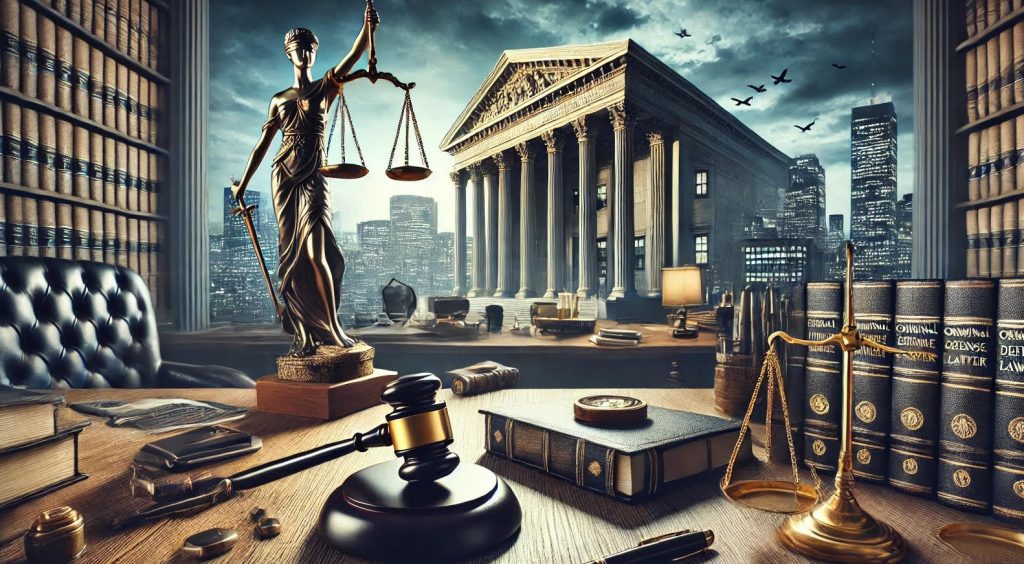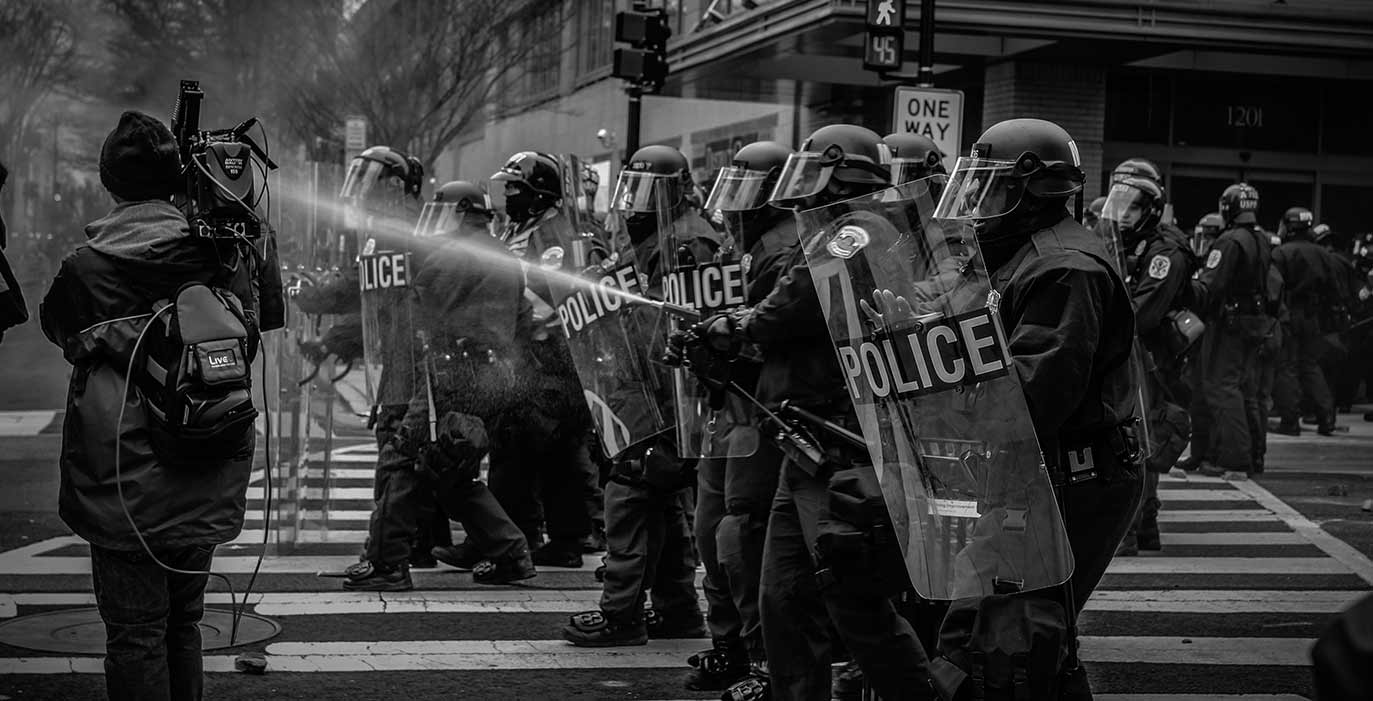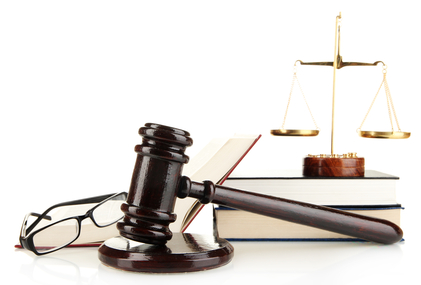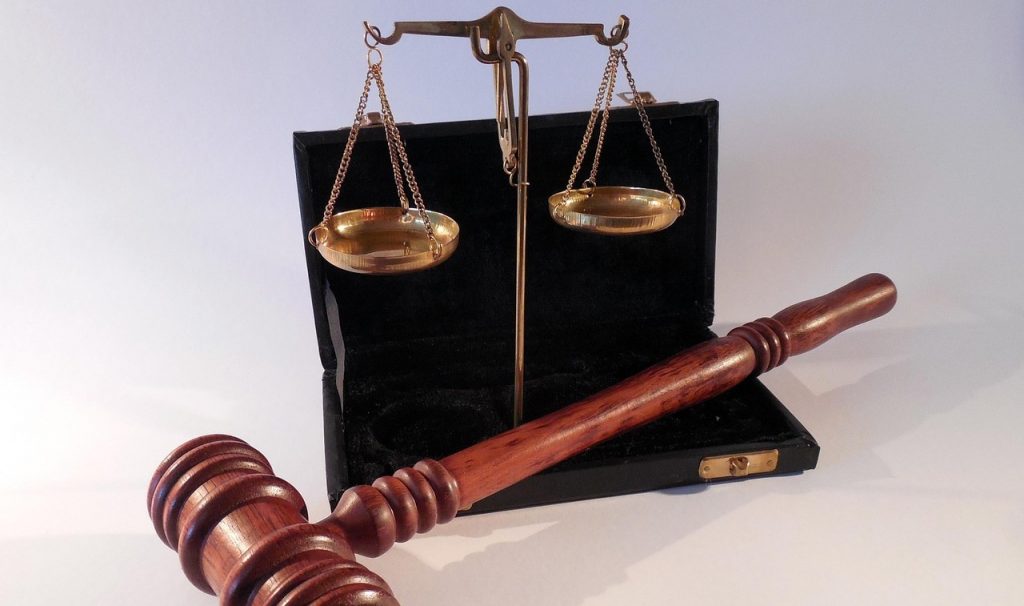What Does the Obstruction of Justice Mean?
Obstruction of Justice is broadly defined. Relative to obstructing police officers performing their lawful duties, a person would be guilty of Resisting and Obstructing if they assault, batter, wound, resist, obstruct, oppose, or endanger the officer or the officer’s investigation.

Resisting or Obstructing an Officer
Obstruction of justice means interfering with law enforcement officers when a person assaults, batters, wounds, resists, obstructs, opposes, or endangers an officer while performing their lawful duties. This offense is most frequently called Resisting and Obstructing an Officer. It is a felony punishable by imprisonment for two years or more, depending on whether there are injuries or death. Obstruction of justice can also be referred to as “resisting and obstructing.” Many people think that an assault on an officer is required for this charge, but this is untrue. In fact, the law requires only that the defendant do any of the following: assault, batter, wound, obstruct, oppose, or endanger the officer.
The penalties start at a two-year felony with not more than $2000 in fines – and go up to a 20-year felony with a $20,000 fine. The severity of the penalty is related to how seriously the other person is injured, if there is an injury, or if the officer is killed.
What is the definition of Obstruction of Justice? Obstruction of justice is comparable to resisting arrest, but it is more usually charged when a person lies to, misleads, or omits information from law enforcement agents during a criminal investigation.
Threatening Physical Interference or Force or a Knowing Failure to Comply with a Lawful Command
To obstruct includes using or threatening physical interference or force or a knowing failure to comply with a lawful command. A person under the statute is a police officer, college police, conservation officer, sheriff, federal law enforcement, firefighter, or search and rescue officer. In many of these cases, the allegation is that the defendant did something that made the performance of the officer’s job more difficult.
The problem with obstruction of justice offenses is they are effortless for a police officer to charge. When requested, failure to get out of an automobile can be considered disobeying a lawful order and can subject a person to an obstruction charge. The potential for abuse is tremendous. These charges are often brought to court to avoid a possible lawsuit or complaint about misuse of police power, abuse of power, excessive force, or malicious prosecution.

Obstruction of Justice Can Happen Any Time and Anywhere.
Obstruction of justice can happen along the side of the road during any traffic stop. It can also occur when a person does not comply with a subpoena for important records that they do not wish to reveal. Failing to provide subpoenaed records in a law enforcement investigation is interpreted as failing to comply with a lawful command. So, any person can be accused of the offense of obstruction of justice or resisting and obstructing the police. The potential for abuse of this charge is scary.
Because of the high risk of overcharging, false charging, or excessive punishment, the value of having the best possible defense lawyer is very high. An outstanding criminal defense attorney, who has the credibility to the court and the prosecutor, has the credible potential of getting charges dismissed or helping a client avoid a criminal record and jail. Although these charges can happen in any county in Michigan, they are most frequently misused in Southeastern Michigan counties, including Oakland County, Macomb County, Wayne County, Livingston County, and Washtenaw County.
Defenses to Obstruction of Justice Charges
An Obstruction of Justice conviction has severe direct and collateral consequences. Because a charge can negatively impact a person’s life, it is essential that the criminal defense lawyer do everything possible to get the charges dismissed or reduced. For example, a conviction can result in loss of employment, suspension of a professional license, damaged reputation, complications in a custody dispute, and immigration issues (such as deportation). A savvy criminal defense lawyer will examine all possible defenses, including:
- Statute of limitations
- Improper venue
- Mistaken identity
- No actual obstruction
- The complainant is not a protected person (governmental employee)
- The protected person was not engaged in official duties
- Legal justification or entitlement
- No threat or force used
- Fabrication
- Failure to prosecute
- Malicious prosecution
Frequently Asked Questions
How much is the penalty for Obstruction of Justice?
If you’re convicted of Obstruction of Justice, you could face up to two years in prison and a $2,000 fine. You could be sentenced to 4 to 20 years in jail and fined $5,000 to $20,000 if your obstruction or assault results in injury, serious bodily harm, or death.
What is an example of Obstruction of Justice?
Obstruction of Justice might include (1) interfering with a police investigation, (2) hiding or destroying evidence of a crime, or (3) interfering with an ongoing criminal trial.
What is the most common form of Obstruction of Justice?
Witness tampering, perjury, and destroying evidence are the most typical instances of Obstruction of Justice.
What does Obstruction mean as a charge?
To be convicted of obstruction of justice, a person must have acted with the express intent to obstruct justice. Even if the attempts to influence, intimidate, or obstruct the legal process were unsuccessful, the statute makes them illegal.
What is the willful Obstruction of justice?
Obstruction of Justice cannot happen accidentally. The accused person must have acted willfully and knowingly to be guilty.
What is Obstruction of Justice?
Federal law defines “obstruction of justice” as an act that “corruptly or by threats or force, or by any threatening letter or communication, influences, obstructs, or impedes, or endeavors to influence, obstruct, or impede, the due administration of justice.”
How do you beat Obstruction charges?
To beat an obstruction of justice allegation, you must present a defense with credible evidence that your actions were lawful and that you did not intentionally interfere with the administration of justice.
Is Obstruction of Justice a criminal offense?
Obstruction of Justice is a crime punishable by four years in prison and up to 20 years if there is a serious injury or death.
What is the meaning of Obstruction of Justice?
Obstruction of Justice means a defendant hinders an officer, jury, judge, or another person from doing their legal duties or acting in their official capacity through force, dishonesty, or other means.

You will want a strong defense.
Obstruction of justice charges can occur in many ways. It does not take a remarkably seasoned police officer to use that offense with every opportunity. Because Obstruction of Justice is broadly defined and frequently prosecuted, you need the protection of the “go-to” criminal defense attorneys at LEWIS & DICKSTEIN, P.L.L.C. We take the defense of our clients personally. It is the most important thing to our attorneys, both personally and professionally, that a person’s rights are protected and that we achieve the best possible outcome. It is essential that you have the best attorneys to protect you, and that is why you need LEWIS & DICKSTEIN, P.L.L.C.
Call us today at (248) 263-6800 for a free consultation or complete an online Request for Assistance Form. We will contact you promptly and find a way to help you.















